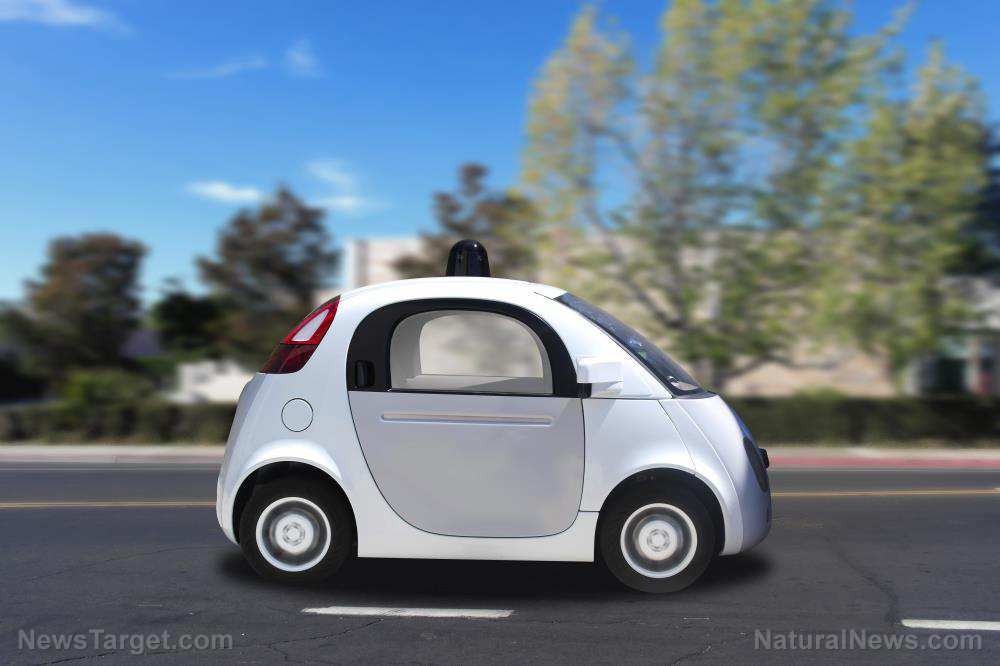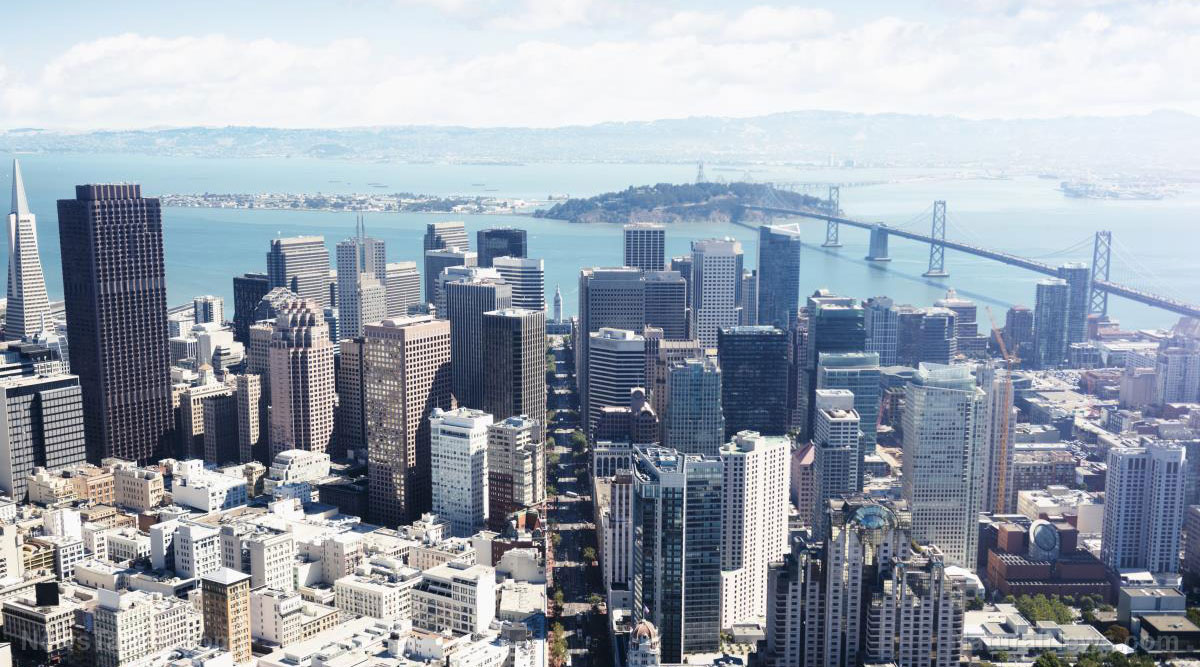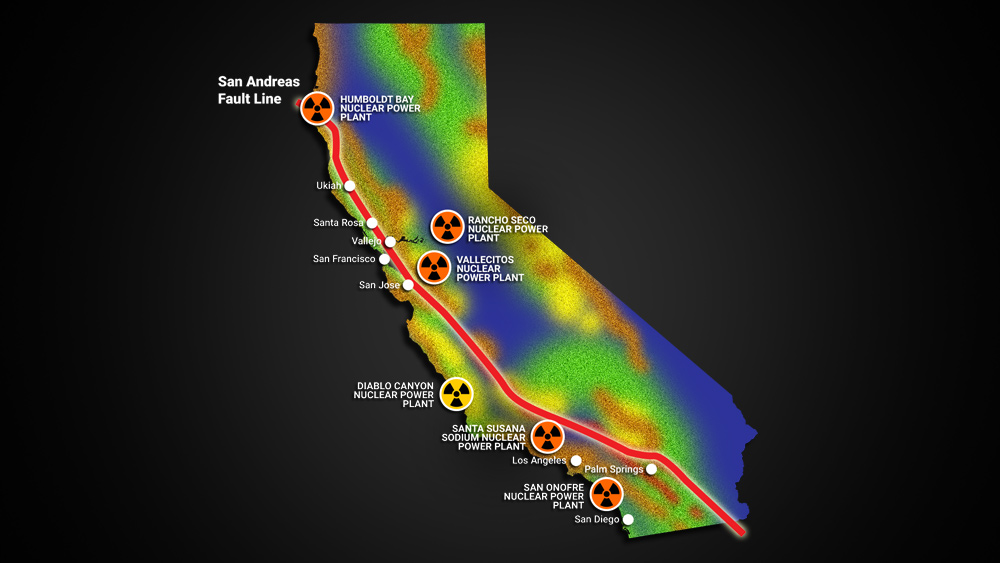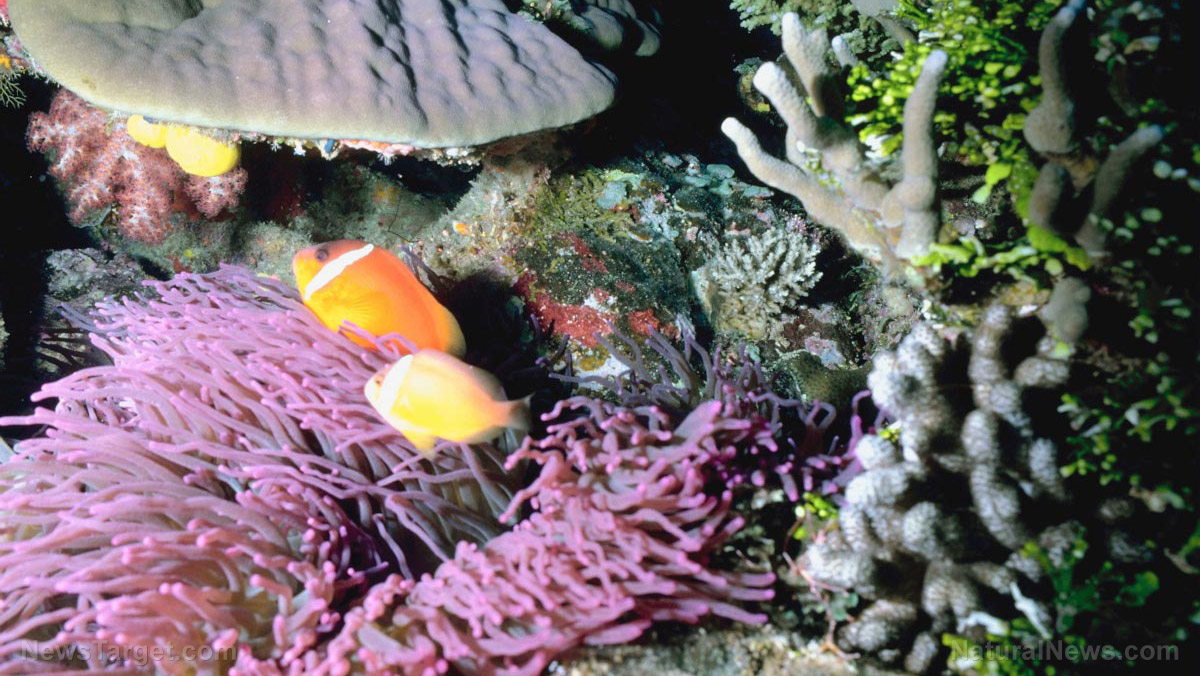Free public transpo may solve air pollution problems in Germany
08/06/2018 / By Rhonda Johansson

The German government has announced that they are considering making public transport free in five of their most polluted cities in a bid to control environmental pollution.
The official statement was given in response to increasing pressure from the European Union (EU) to tackle the country’s deadly air pollution. The proposal was written by German Environment Minister Barbara Hendricks, Agriculture Minister Christian Schmidt, and chancellery office chief Peter Altmaier, and is set to roll in Bonn, Essen, Reutlingen, Mannheim, and Herrenberg. It is hoped that the initiative would encourage Germans to leave their cars at home, thereby reducing the amount of nitrogen dioxide emissions and particulate matter released in the air.
The letter was stated to be rather vague. Apart from describing reinstating electric-powered taxis and large transporter vehicles, nothing else is known – not even when the proposal will be implemented, if at all. A spokeswoman with the city of Bonn told DW that the proposal was not “in the planning phase yet” and that “there wasn’t much to elaborate on.”
Nevertheless, Bonn Mayor Ashok Sridharan seemed pleased with the proposal, saying that he was proud that the western German city was selected as one of the “lead cities.” Mayor Sridharan further stated that he is excited to talk about the initiative further and that he had “one or two ideas that [the city of Bonn] can also propose, since we’ve been working on this topic for some time.”
Good on paper, but will this really work?
The recent announcement was met with skepticism by the country’s own citizens. The Association of German Transport Companies (VDV) have said that they were “critical” of the government’s plans, especially when it comes to how much this proposal will cost its citizens. Spokespeople from the VDV have said that transitioning to a larger electric-powered transportation force would compel taxpayers to shoulder the expenses. There are also concerns that the proposal would require transportation companies to beef up their fleets – but only their eco-friendly ones – to accommodate the anticipated rise in passengers. This is a feat that car manufacturers in Germany say they may not be able to accomplish.
There is also the issue of historic evidence. Transport expert Oded Cats authored an in-depth study on the fare-free scheme of Tallinn and analyzed if Germany could reduce its pollution by copying the Estonian capital. Cats’ observations are not encouraging. He said that promoting free public transport had several immediate effects, but a reduction of environmental pollution was not one of them.
“About a year or two years after the [fare-free scheme in Tallinn] was introduced, we saw a more long-standing effect: a roughly 14 percent increase in public transport [users] – a large share of which [was] coming from people who used to walk. So it’s questionable whether this is desirable,” he said.
Cats argued that the free public transportation scheme had little to no effect on the commuting habits of middle- to high-income individuals. Instead, lower-income people or the unemployed (who probably did not own a car in the first place) were more willing to take public transportation to reach their destination, even if it was only a few blocks away.
This doesn’t mean there was no effect to the environment – but Cats said that scientists cannot say for certain if the reduction of car traffic affected air pollution.
There are other cities – Hasselt in Belgium, for example – that found that a fare-free scheme became financially inefficient as the years passed. The Belgian government was forced to reapply fares to their public transportation vehicles to avoid economic turmoil.
So what would work?
Riding public transit does help the environment. Taking a bus to work is more energy efficient than using your car. However, a fare-free scheme may not be the most ideal in encouraging people to use public transportation.
European experts suggest instead introducing higher taxes on things associated with owning a private vehicle, such as parking fees and fuel. If drivers have to pay a premium for the luxury of owning a private vehicle, they may be more inclined to take public transportation.
To read more articles on the impact of urbanization to the environment, visit Environ.news today.
Sources include:
Tagged Under: carbon dioxide, energy-efficient cars, environment, fare-free scheme, fossil fuel, Germany, green living, public transportation, urbanization
RECENT NEWS & ARTICLES
COPYRIGHT © 2017 ENVIRON NEWS




















